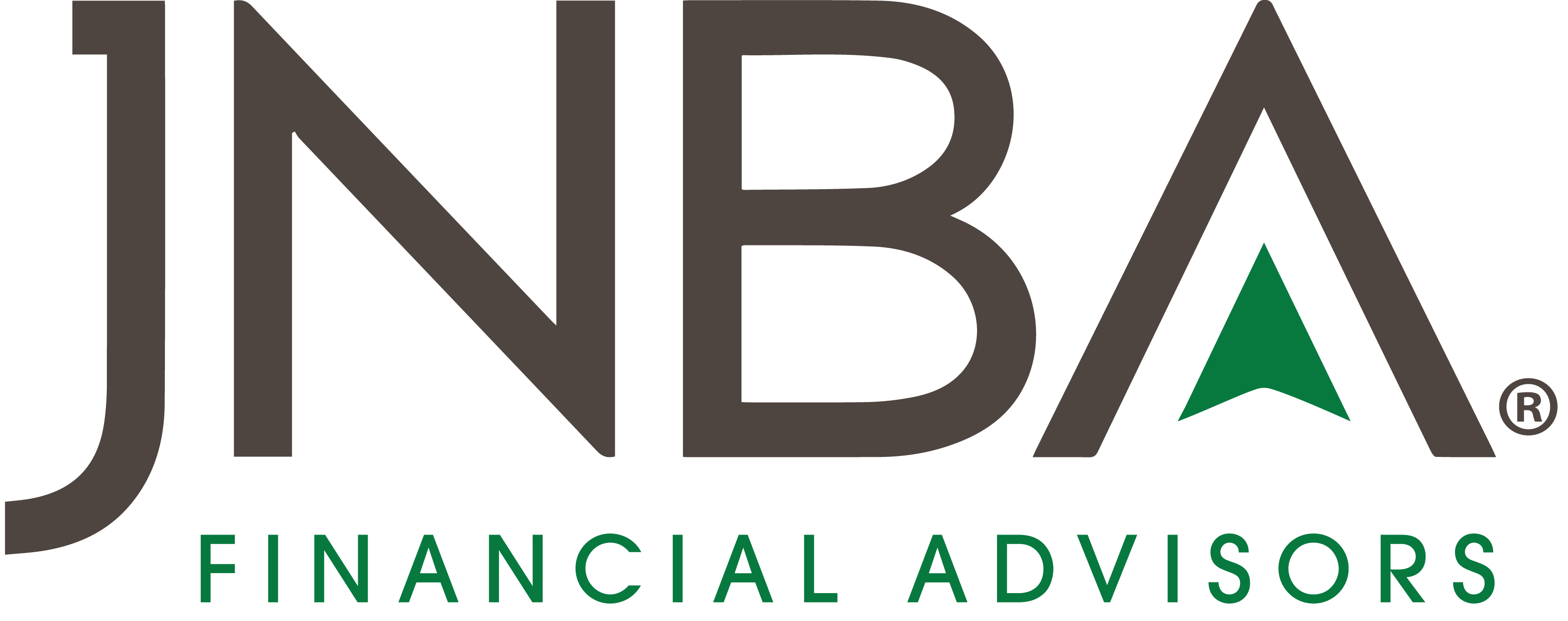As we enter open enrollment season, it’s easy to fall into the habit of simply renewing last year’s elections. However, open enrollment is an excellent time to reassess and potentially enhance your benefit selections for the upcoming year. If you’ve experienced any life changes in 2024 (e.g., getting married) or have big events planned for 2025 (e.g., welcoming a baby), it’s especially important to review your benefits to ensure they still align with your needs.
Here are key areas to review during this year’s open enrollment:
Retirement Plans
- Review your contribution elections. Are you contributing enough to receive your employer’s full match? If you expect a raise in 2025, consider increasing your contributions without affecting your cash flow.
- Maximize contributions. For 2025, the maximum contribution limit is increasing to $23,500 for those under age 50. If you were contributing the maximum in 2024, be sure to adjust your deferral to account for the increase.
- Catch-Up Contributions. For those age 50 or older in 2025, you may be eligible to make a catch-up contribution to your employer retirement plan. If you are eligible, you can contribute an additional $7,500 to your 401(k) plan in 2025.
- Special Catch-Up Contributions Begin. If you are 60 to 63 years old in 2025, you are eligible for a special catch-up contribution amount of $11,250 (versus the normal $7,500 catch-up).
- Traditional or Roth 401(k)? If your plan offers both, decide if it makes sense to allocate contributions to one or both options.
- Check for additional retirement plans. Does your employer offer extra plans like an ESOP or Deferred Compensation Plan? Ensure you’re contributing enough to receive any employer match in these programs.
- Review investment allocations. If you manage your 401(k) investments, this is a good time to confirm that your allocations are still appropriate.
- Changes in retirement plan providers? If your employer switched plan providers, review the new platform to ensure you understand your options and confirm details like beneficiary designations.
Insurance Benefits
- Health, vision, and dental insurance. Review your coverage to ensure it still fits your needs, especially if your family circumstances have changed.
- Compare health insurance options. Consider the total cost, including premiums, deductibles, and co-insurance, and review coverage options for both you and your spouse.
- HSA or FSA? If you’re eligible for a Health Savings Account (HSA) or Flexible Spending Account (FSA), review contribution limits and whether your employer contributes to these accounts. Remember, FSAs are “use-it-or-lose-it” within the plan year, but HSAs can accumulate and grow over time.
- HSA contribution limits for 2025 are increasing to $8,550 for family plans and $4,300 for individuals. If you are age 55 or older in 2025, you can contribute an additional $1,000 “catch-up” contribution to your HSA.
- Dental coverage. Determine if you’ll need additional coverage in the coming year, such as for orthodontic work, and confirm whether it’s covered.
- Wellness programs. Does your health insurance provide discounts for participating in wellness programs or toward gym memberships?
Life, Disability, and Long-Term Care
- Many employers provide basic life insurance—confirm the amount and consider if you need supplemental coverage, especially if others rely on your income. Compare employer policies to individual term life policies for the best rates.
- Determine if spouse or child life insurance options are appropriate for your family.
- Ensure you have sufficient long-term disability coverage (we recommend 60-65% of your income) and check if your employer or you are paying the premiums. If you pay the premiums, your disability benefits will be tax-free.
- Review any long-term care insurance options offered by your employer and check if it extends to your spouse.
Miscellaneous Benefits
- Legal services. Some employers offer stipends for legal services or access to online resources. If available, this is a great opportunity to establish or update important documents like a Trust, Will, Power of Attorney, or Health Care Directive.
- Tuition reimbursement. If you’re considering further education in 2025, check whether your employer offers tuition assistance.
- Financial planning benefits. If you’re working with a financial advisor or plan to do so, see if your employer offers any stipends or benefits for financial planning services.
- Tax withholding review. Review your tax withholdings on your most recent paycheck. If you’re at risk of being under-withheld for the 2024 tax year, update your withholding elections to avoid an underpayment penalty.
Open enrollment is a valuable time to make sure your benefits align with your current and future needs. Don’t hesitate to consult your Human Resources department for clarification, or reach out to your JNBA Advisory Team for additional guidance.
JNBA is neither an insurance agent nor an accountant and no portion of the above should be construed as insurance or accounting advice. All insurance and accounting issues should be addressed with the insurance and accounting professional of your choosing. JNBA nor its employees sell insurance products.
Due to various factors, including changing market conditions and/or applicable laws, some of the content may no longer be reflective of current opinions or positions. Moreover, you should not assume that any discussion or information contained in this blog serves as the receipt of, or as a substitute for, personalized investment advice from JNBA Financial Advisors.
Please see important disclosure information at jnba.com/disclosure






